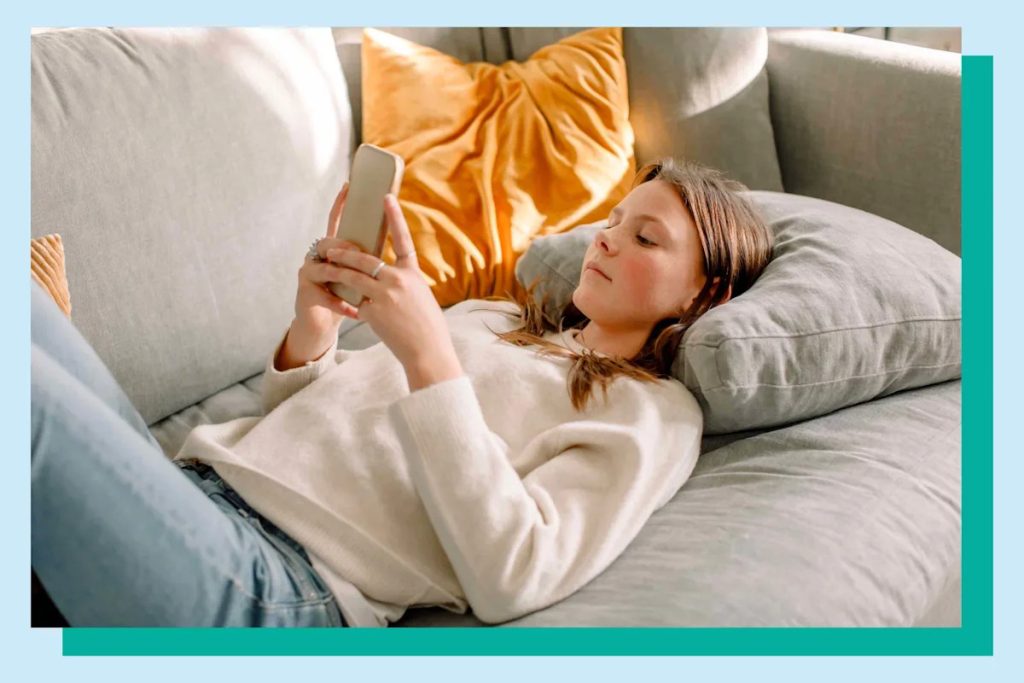More and more teens are using artificial intelligence (AI) in their daily lives. They are turning to it for help with their education, entertainment, and even to build friendships.
One of the most popular among them is ChatGPT. A 2025 Pew Research Center survey found 79% of teens have heard of the chatbot, up 67% from 2023. Twenty-six percent of teens report using it for their schoolwork.
While it can be helpful, ChatGPT use can also present dangers, particularly for teens who are typically more vulnerable to its misuse. The problem? The chatbot can spew misinformation and offer risky advice.
It’s even being blamed for the suicide of Adam Raine, a California teen who had been using the chatbot for companionship and spoke with it about his mental health, according to news reports. His parents’ lawsuit states, “ChatGPT actively helped Adam explore suicide methods.”
OpenAI is now trying to protect teens by adding new safeguards. Here’s what parents need to know.
What Teen Protections Is OpenAI Adding to ChaptGPT?
In a blog post published on September 2, 2025, OpenAI acknowledges that young people are growing up with AI tools in the way that past generations did with the internet and smartphones.
“That creates real opportunities for support, learning, and creativity, but it also means families and teens may need support in setting healthy guidelines that fit a teen’s unique stage of development,” the post reads.
The following parental controls will be available within the next month:
Parents will be able to link their account to their teen’s account through an email invitation. Keep in mind, the minimum age to use ChatGPT is 13.
They will be able to control how the chatbot responds to their kid “with age-appropriate model behavior rules, which are on by default.”
Caregivers can manage which features to disable. Those can include memory and chat history.
They can also receive notifications when the platform detects their teen may be experiencing “acute distress.” The post explains, “Expert input will guide this feature to support trust between parents and teens.”
OpenAI shares that these controls are just a start. “We will continue learning and strengthening our approach, guided by experts, with the goal of making ChatGPT as helpful as possible,” the post reads. “We look forward to sharing our progress over the coming 120 days.”
Parental controls are helpful but experts stress it’s critical for parents to speak with their children about AI and its drawbacks.
“It can get things wrong because of outdated info or built-in biases,” Laura Tierney, founder and CEO of The Social Institute, previously told Parents. “That’s why it’s so important to teach them how to think critically, ask questions, and double-check facts with reliable sources.”
Very importantly, it should never be used as a replacement for a mental health professional. A recent study from Stanford University found AI therapy chatbots lack effectiveness and can provide dangerous responses and contribute to harmful stigma.
Read the original article on Parents

